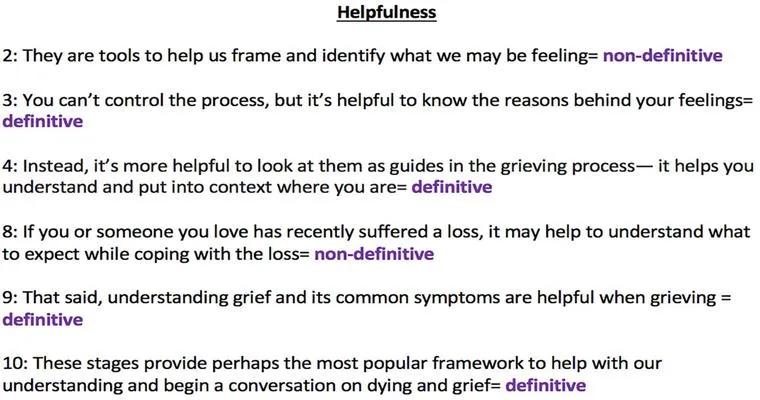Feeding ports and the "right to refuse" are critical topics in the realm of medical ethics and patient care. As healthcare professionals and caregivers navigate the complexities of providing nutritional support, it is essential to understand the implications of feeding ports, particularly in patients who may not wish to receive such interventions. This article explores the considerations surrounding feeding ports, the ethical dimensions of the right to refuse treatment, and the responsibilities of healthcare providers.
Feeding ports, such as gastrostomy tubes, are medical devices used to deliver nutrition directly to a patient's stomach when they cannot eat by mouth. These devices can be life-saving for individuals with swallowing difficulties, neurological conditions, or other medical issues. However, despite their benefits, the use of feeding ports raises significant ethical questions, especially concerning the "right to refuse" treatment.
One of the core principles of medical ethics is respect for patient autonomy. This principle asserts that patients have the right to make informed decisions about their own bodies and medical treatments. When it comes to feeding ports, it is crucial for healthcare providers to engage in open and honest discussions with patients and their families about the risks, benefits, and alternatives. Patients must be fully informed to exercise their "right to refuse" treatment if they choose to do so.
In some cases, patients may refuse feeding ports due to personal beliefs, quality of life considerations, or a desire to avoid prolonged medical interventions. It is essential for healthcare providers to approach these situations with sensitivity and understanding. Respecting a patient's wishes not only upholds their autonomy but also fosters trust in the patient-provider relationship.
However, there are instances where patients may not be able to communicate their wishes effectively, such as in cases involving severe cognitive impairment. In these situations, surrogate decision-makers, often family members or legal representatives, play a crucial role in advocating for the patient's preferences. Healthcare providers must ensure that these discussions are thorough and compassionate, considering the patient's values and previously expressed wishes.
Furthermore, the ethical dilemma of whether to override a patient's refusal of a feeding port can arise in certain circumstances, such as when a patient's life is at risk. In these cases, healthcare providers must balance their professional responsibilities to preserve life with the ethical obligation to respect patient autonomy. This delicate balance requires careful consideration, ethical guidelines, and, when necessary, consultation with ethics committees.
In summary, the conversation surrounding feeding ports and the "right to refuse" treatment is multifaceted and requires a thoughtful approach. Healthcare providers must prioritize patient autonomy while navigating the complexities of medical ethics. By fostering open communication and understanding, providers can support patients in making informed choices that align with their values and preferences. The right to refuse treatment is a fundamental aspect of patient care, and respecting this right is essential for ethical and compassionate healthcare delivery.





